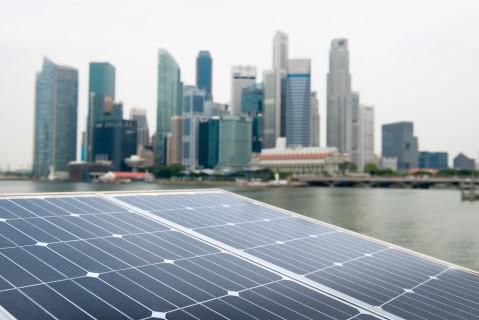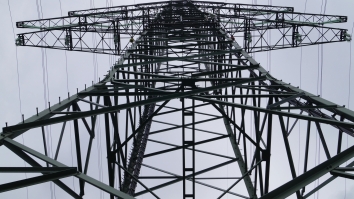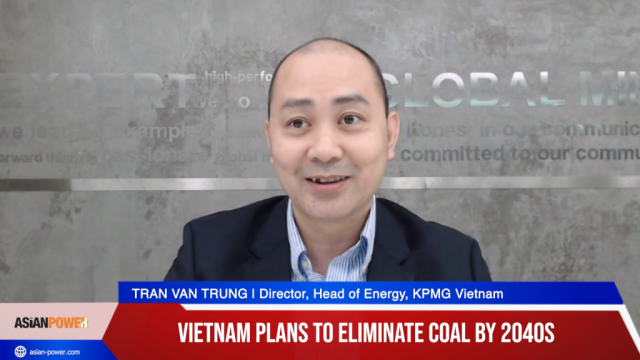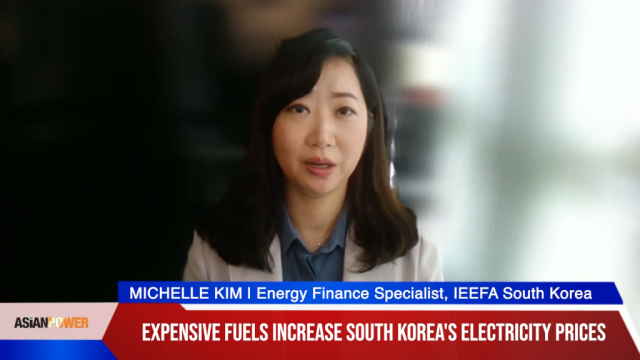
Chinese companies eyeing opportunities in Thailand solar
The renewables sector is gaining increasing interest.
Thailand's renewables sector is increasingly attractive, highlighted by growing investor interest in the market - particularly from Chinese solar energy developers and manufacturers.
According to a research note from BMI Research, Thailand's ambitious renewable targets, the supportive policy environment and Chinese solar companies' aims to capitalise on emerging renewables markets in the wider Asian region supports this view.
BMI Research has previously stated in an analysis that Thailand is emerging as an attractive destination for renewable energy investment, as the government looks to reduce the country's reliance on gas-fired power generation and incorporate other sources into the power mix, including renewable energy.
Here’s more from BMI Research:
According to the new power development plan (PDP) 2015-36, the country will look to reduce its dependence on gas-power generation from the current level of 70% to 40% by 2036, with an estimated 20% coming from renewable sources.
In line with these ambitious targets, the government has introduced a number of policies to support growth in the industry and encourage investment; by improving the returns for renewable energy projects. These include feed-in tariffs, tax incentives and energy production payments.
The increasing attractiveness of the Thai renewables market is reflected in the growing investor interest in the market - particularly from Chinese solar energy developers and manufacturers.
Project announcements over the last three months attest to this view, with Hong Kong-based Symbior Solar announcing in August 2015 that it will develop three new solar projects in Thailand (in conjunction with German company Conergy), adding to Symbior Solar's capacity portfolio of six solar facilities with a combined capacity of 30MW across Thailand.
Furthermore, in June 2015, Chinese panel manufacturer Suntech Power signed a deal with Thai company Gunkul Engineering to supply components for 63MW of solar capacity in the country.
According to the company, Suntech has already supplied about 260MW of panel capacity to Thai solar projects. Our renewables projects database also highlights China's growing presence in the Thai renewables industry.
Out of the total number of projects in the pipeline (in various stages of development), 14% involve Chinese manufacturers or developers, the second highest percentage after domestic Thai companies.























 Advertise
Advertise







